As we come to the end of this fall semester, and we get ready for the end-of-the-year holidays and winter break, the Wagner Planner team turned to their fall semester professors and asked what were their favorite books of 2019.
Here are their picks and recommendations. Enjoy!
Sarah Gerecke, Urban Planning Professor of Land Use, Housing & Community Development in NYC Seminar, recommends Crabgrass Frontier: The Suburbanization of the United States (Kenneth Jackson) and The Yellow House (Sarah Broom)
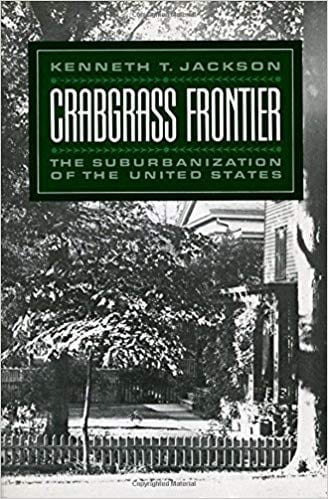
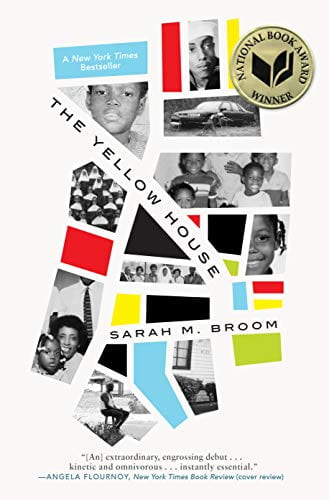 “Crabgrass Frontier: There is no better description of how US cities evolved over time. We can learn so much from our history and this is beautifully written and researched!”
“Crabgrass Frontier: There is no better description of how US cities evolved over time. We can learn so much from our history and this is beautifully written and researched!”
“The Yellow House: This memoir of a large family growing up in a small house in New Orleans speaks very specifically to the unbreakable tie between physical home and its impact on family (and vice versa). Oh and (spoiler alert) Katrina plays a key role in the story.
Vanessa Léon, Co-Director of the Urban Planning Program and Urban Planning Professor of Management and Leadership, recommends Becoming (Michelle Obama)
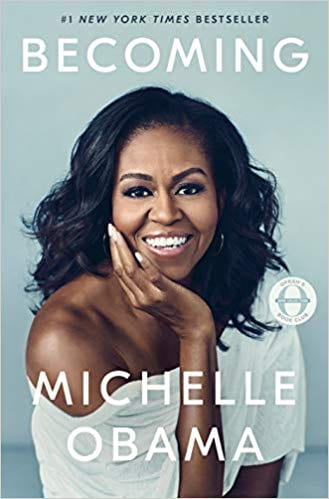 “Embracing the idea that life is about an ongoing process of ‘becoming’ improved versions of ourselves over time – rather than looking to arrive at who or what it is we want to ‘be’ when we ‘grow up’ – really resonated with me both personally and professionally.”
“Embracing the idea that life is about an ongoing process of ‘becoming’ improved versions of ourselves over time – rather than looking to arrive at who or what it is we want to ‘be’ when we ‘grow up’ – really resonated with me both personally and professionally.”
Brendan McLaughlin, Urban Planning Professor of Real Estate Finance, recommends Happy City: Transforming Our Lives Through Urban Design (Charles Montgomery) and The Education of an Idealist (Samantha Power)
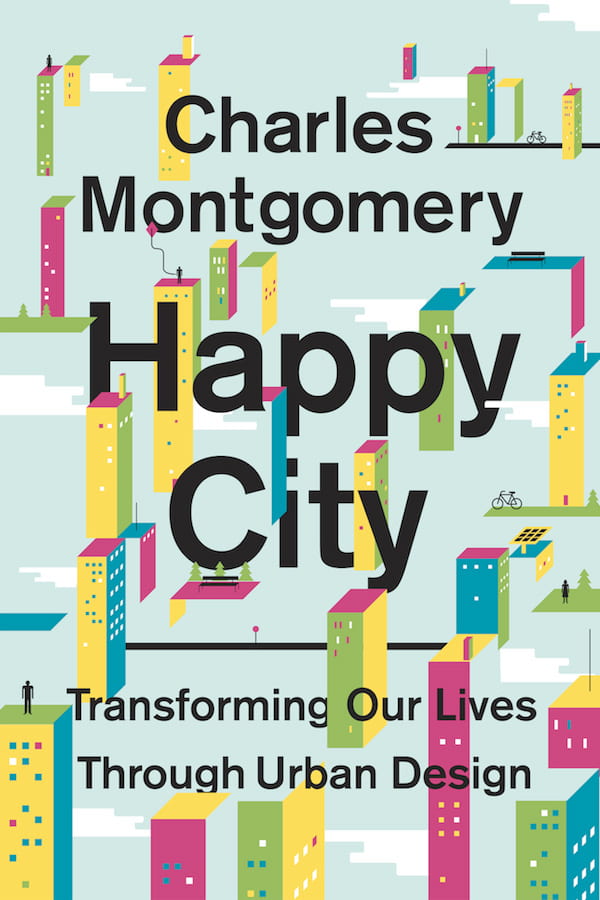
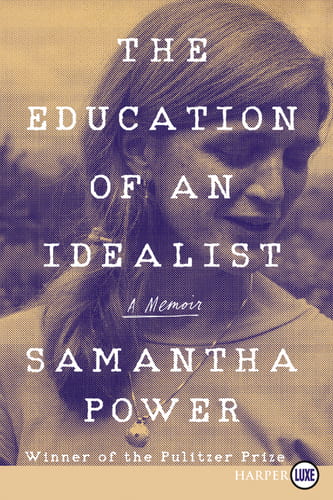 “Happy City: While coming to this book five years late, its ambition of marrying a growing body of happiness research with urban planning, design, and policy to create cities that enhance residents’ contentment remains inspiring, and intelligently poses questions we should continue to ask ourselves: does our neighborhood make us happy, and if not, how could it be designed better to do so?”
“Happy City: While coming to this book five years late, its ambition of marrying a growing body of happiness research with urban planning, design, and policy to create cities that enhance residents’ contentment remains inspiring, and intelligently poses questions we should continue to ask ourselves: does our neighborhood make us happy, and if not, how could it be designed better to do so?”
“The Education of an Idealist: for graduate students on the cusp of transitioning from academia to the professional world, I can think of no better manual to seek perspective on finding balance between idealism and realism than Samantha Power’s memoir, which traces her personal and professional arc as Irish immigrant to the US as a child, to a rich career as a journalist, activist, author, and eventually global policy-maker in the Obama White House. ”
Atul Pokharel, Urban Planning Professor of History and Theory of Planning, recommends The Dawn of Detroit: A Chronicle of Slavery and Freedom in the City of the Straits (Tiya Miles) and Digital Cash: The Unknown History of the Anarchists, Utopians, and Technologists Who Created Cryptocurrency (Finn Brunton).
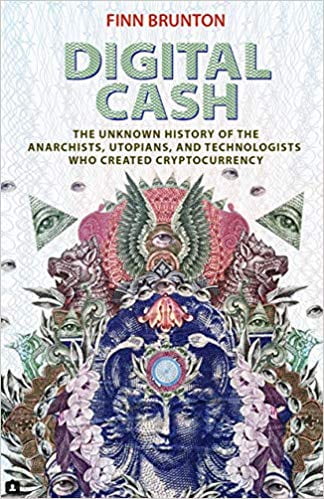
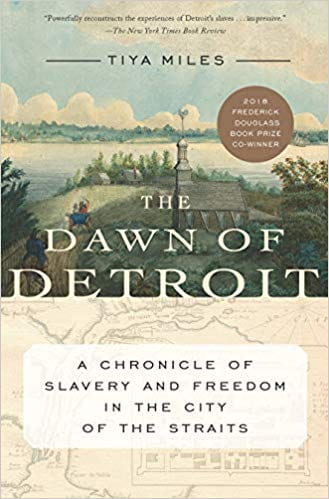 “The Dawn of Detroit: Miles adds some details to the studies of Chicago and Detroit that we encounter in History and Theory of Planning, and in the process forces planners to consider Slavery in Urban History – something that we do not talk about in class.”
“The Dawn of Detroit: Miles adds some details to the studies of Chicago and Detroit that we encounter in History and Theory of Planning, and in the process forces planners to consider Slavery in Urban History – something that we do not talk about in class.”
“Digital Cash: Brunton presents an account of a new frontier for planners to consider that is built on the simple idea of digital community – an idea that, as Brunton shows, is institutionally complex in practice.”
A Special Mention
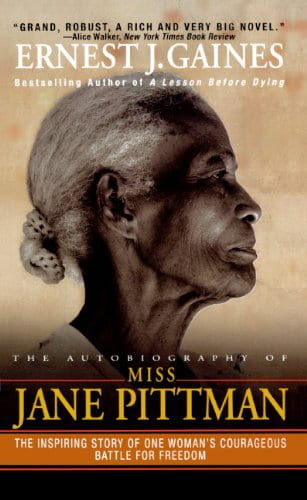
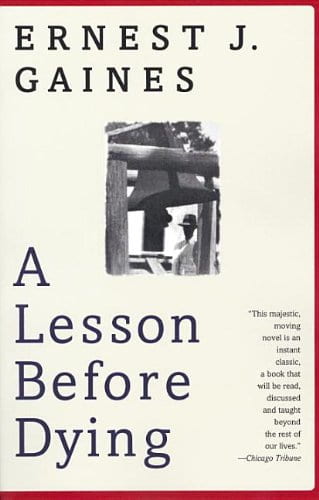
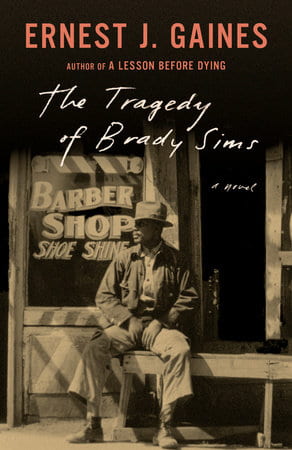
From Professor Sarah Gerecke: “I must mention the great Ernest J. Gaines, who passed away last month. Any of his books evoke a sense of place unlike any other author. Mr. Gaines lived on the sugarcane plantation where his family worked and are buried. His books are set there. For those who are new to his work, The Autobiography of Miss Jane Pittman and A Lesson Before Dying are must-reads. His most recent book, The Tragedy of Brady Sims, continues his theme of individual agency and dignity in a criminal justice environment designed to remove agency and dignity at all costs.”